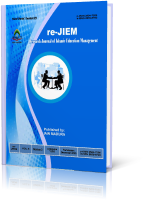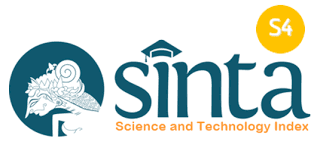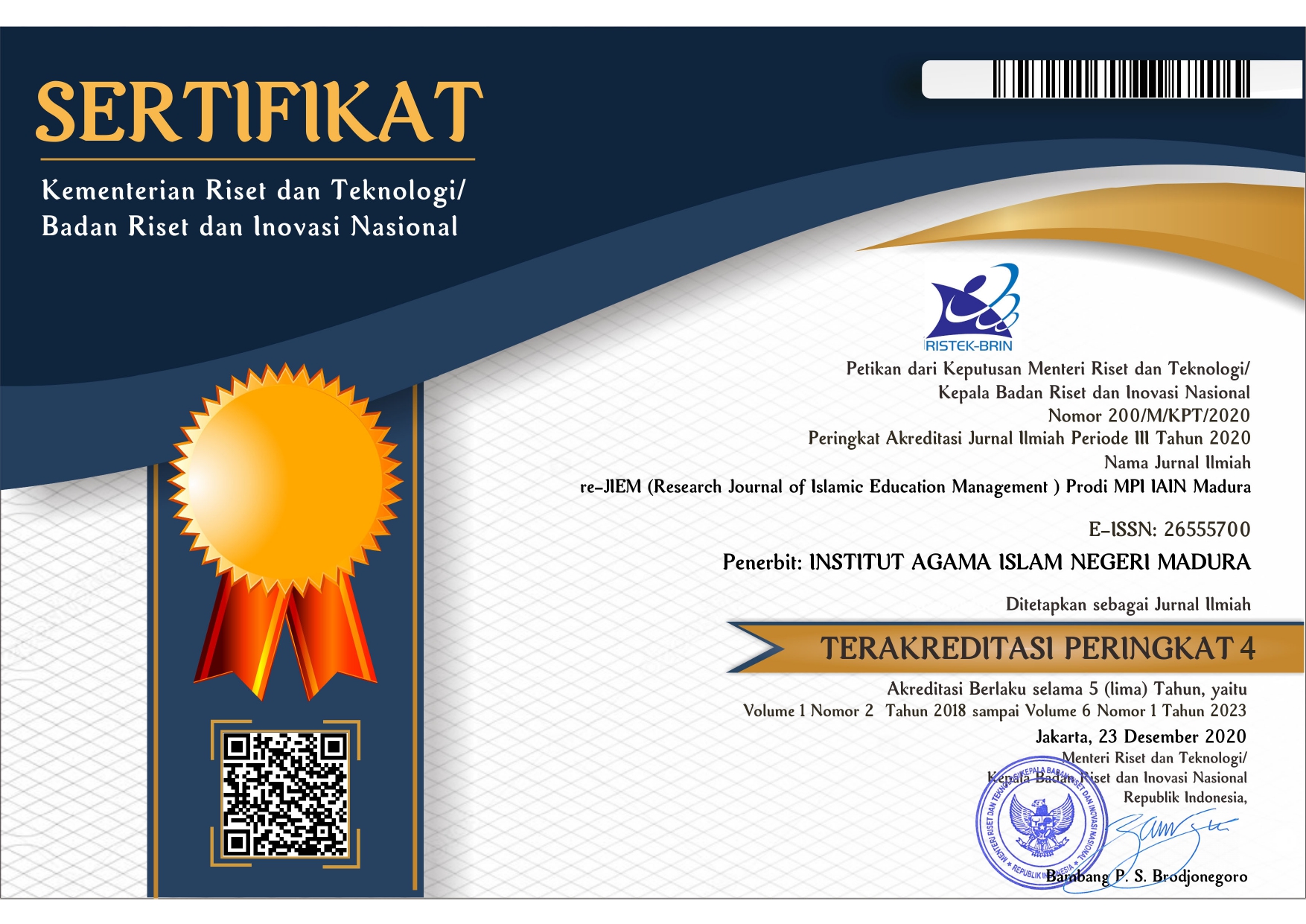UPAYA PENINGKATAN MUTU PENDIDIKAN: MANAJEMEN PESERTA DIDIK DI MADRASAH TSANAWIYAH (MTs) AN-NIZHAM KOTA JAMBI
 Abstract views: 209
,
Abstract views: 209
,
 PDF downloads: 217
PDF downloads: 217
Abstract
Student management is a crucial aspect in improving the quality of education. It involves the efficient and effective management of all activities related to students and other resources to achieve educational goals. The main objective of this research is to analyze the planning, development, and evaluation of students at Madrasah Tsanawiyah An- Nizham in Jambi City. This study uses a qualitative research approach. Data collection was carried out through observation, interviews, and documentation methods, involving the head of the madrasah, teachers, and the committee. The results of this research reveal that, first, the planning analysis at Madrasah Tsanawiyah An-Nizham in Jambi City includes ari analysis of prospective students' needs, the admission process, student selection, orientation, placement, grouping, and student reporting. Second, the development efforts include instilling discipline through dhuha prayer every morning, leadership training in organizational activities, and counseling provided by guidance counselors. Third, student evaluation uses benchmarks to calculate students' achievement scores and evaluates curricular and extracurricular outcomes as measures to assess students' development according to their talents and interests.
Downloads
References
Ali Munirom. “Manajemen Peningkatan Mutu Pendidikan” Vol. 7, No (2021): 156.
Amiruddin Siahaan. “Jurnal Pendidikan Dan Konseling.” Jurnal Pendidikan Dan Konseling 4 (2022): 1349–58.
Azis, Rosmiaty. Pengantar Administrasi Pendidikan. Edited by Baharuddin. Edisi Ke 1. Yogyakarta: Sibuku, 2016.
Benty, Djum Djum Noor, and Imam Gunawan. “Manajemen Pendidikan Suatu Pengantar Praktik,” 2017.
Dr. Hadiyanto, M.Ed. “Manajemen Peserta Didik Bernuansa Pendidikan Karakter.” Manajemen Peserta Didik Bernuansa Pendidikan Karakter, 2013, 78.
Jahari, Jaja, Heri Khoiruddin, and Hany Nurjanah. “P-ISSN: 2541-383X e-ISSN: 2541-7088 Manajemen Peserta Didik.” Isema 3, no. 2 (2018): 170–80.
Manda, Manda. “Fungsi Pengorganisasian Dan Evaluasi Peserta Didik.” Kelola: Journal of Islamic Education Management 1, no. 1 (2016): 89–101. https://doi.org/10.24256/kelola.v1i1.432.
Muspawi, Mohamad. “Memahami Konsep Dasar Manajemen Peserta Didik.” Jurnal Ilmiah Universitas Batanghari Jambi 20, no. 3 (October 1, 2020): 744. https://doi.org/10.33087/jiubj.v20i3.1050.
Oktriwan Sumarsono, Gathut, and Desi Nurhikmahyanti MPd. “Pelaksanaan Manajemen Peserta Didik Sebagai Pembentukan Karakter Siswa Di Sma Negeri 1 Pilangkenceng Kabupaten Madiun.” Jurnal Inspirasi Manajemen Pendidikan 4, no. 4 (2014): 61–71.
Sella Nuryani, Oyoh Bariah, Nancy Riana. “Pelaksanaan Manajemen Peserta Didik Dalam Peningkatan Mutu Lulusan Peserta Didik Di MTsN 1 Karawang.” Jurnal Pendidikan Tambusai 6 (2022): 16073–80.
UPI, Tim Dosen Administrasi Pendidikan. Manajemen Pendidikan. Bandung: Alfabeta, 2017.
Copyright (c) 2024 Summiyani, Hilmi, Yuliana Afifah, Fransisko Chaniago

This work is licensed under a Creative Commons Attribution-ShareAlike 4.0 International License.
Authors who publish with this journal agree to the following terms:
Authors retain copyright and grant the journal right of first publication with the work simultaneously licensed under a Creative Commons Attribution-ShareAlike 4.0 International License that allows others to copy and redistribute the material in any medium or format with an acknowledgment of the work's authorship and initial publication in this journal and also allows to remix, transform, and build upon the material for any purpose, even commercially with contributions under the same license as the original.
Authors are able to enter into separate, additional contractual arrangements for the non-exclusive distribution of the journal's published version of the work (e.g., post it to an institutional repository or publish it in a book), with an acknowledgment of its initial publication in this journal.
Authors are permitted and encouraged to post their work online (e.g., in institutional repositories or on their website) prior to and during the submission process, as it can lead to productive exchanges, as well as earlier and greater citation of published work.



























